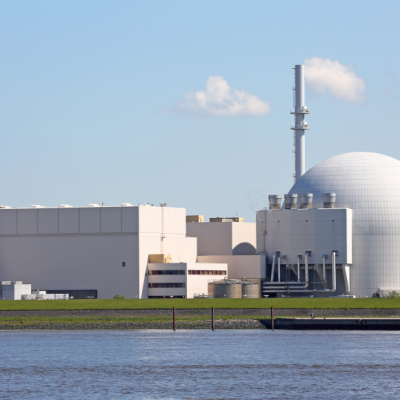The wealthiest 10% of the world’s population, including a large portion of Germans, are responsible for approximately half of global CO2 emissions. This is due to factors such as air travel and large homes. Researchers from the University of Massachusetts Amherst (UMass) recently published a study showing that wealthy individuals cause above-average CO2 emissions through their investments. In the United States, for example, the top 1% of the population is responsible for 15-17% of the country’s emissions. A report by the development organization Oxfam now shows that not only do the super-rich accelerate climate change through their investments, but also through their extreme consumption.
In 2019, the wealthiest 1% of the world’s population produced as much CO2 emissions as the poorer two-thirds, or around five billion people. The Oxfam report is based on studies that demonstrate a direct correlation between emissions and the private income and wealth of individuals. Reasons for this include increased air travel, ownership of larger properties, and generally more environmentally harmful lifestyles. In extreme cases, this manifests in the ownership of luxury villas, huge yachts, and private planes. The data was compiled by the Stockholm Environment Institute, which used information from the Global Carbon Atlas, the World Inequality Database, the Penn World Tables for income (PWT), and statistics from the World Bank.
The richest 10% of the world’s population were responsible for around half of all global greenhouse gas emissions in the same year. Notably, approximately 53% of the German population falls into this wealthy group. In Germany, the richest 1% of the population caused an average of 83.3 tons of CO2 emissions per capita in 2019, while individuals from the poorer half of the population caused “only” 5.4 tons. Oxfam emphasized the need for new taxes that focus on climate-damaging companies, as well as the wealth and income of the particularly wealthy. Such measures could significantly contribute to mobilizing financial resources for the transition to renewable energy. Additionally, it is crucial to rethink the current economic system and overcome the focus on profit-seeking, exploitation of natural resources, and consumption-oriented lifestyles.










